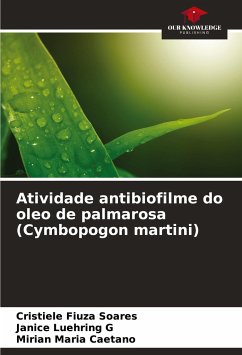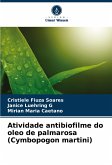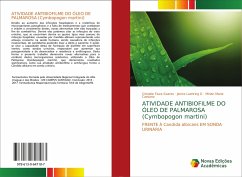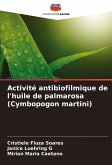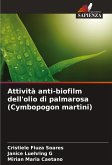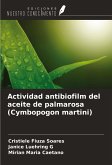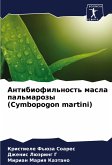Due to the increase in hospital infections and the resistance of pathogenic microorganisms and the lack of drugs to combat and inhibit their growth, new alternatives have been sought to combat them. These include urinary tract infections, which are among the four most common types of hospital infection, caused by Candida albicans, representing a growing threat to human health, causing nosocomial infections and candidemia, which can lead to death. Candida albicans' ability to form biofilms on inert surfaces, such as urinary catheters, is responsible for increasing its pathogenicity and triggering resistance to antifungal drugs. This study therefore demonstrates new alternatives for combating these resistant microorganisms, using Palmarosa Oil (Cymbopogon martini), which has shown significant results, such as its antibiofilm and antifungal activity against Candida albicans in urinary catheters.
Bitte wählen Sie Ihr Anliegen aus.
Rechnungen
Retourenschein anfordern
Bestellstatus
Storno

